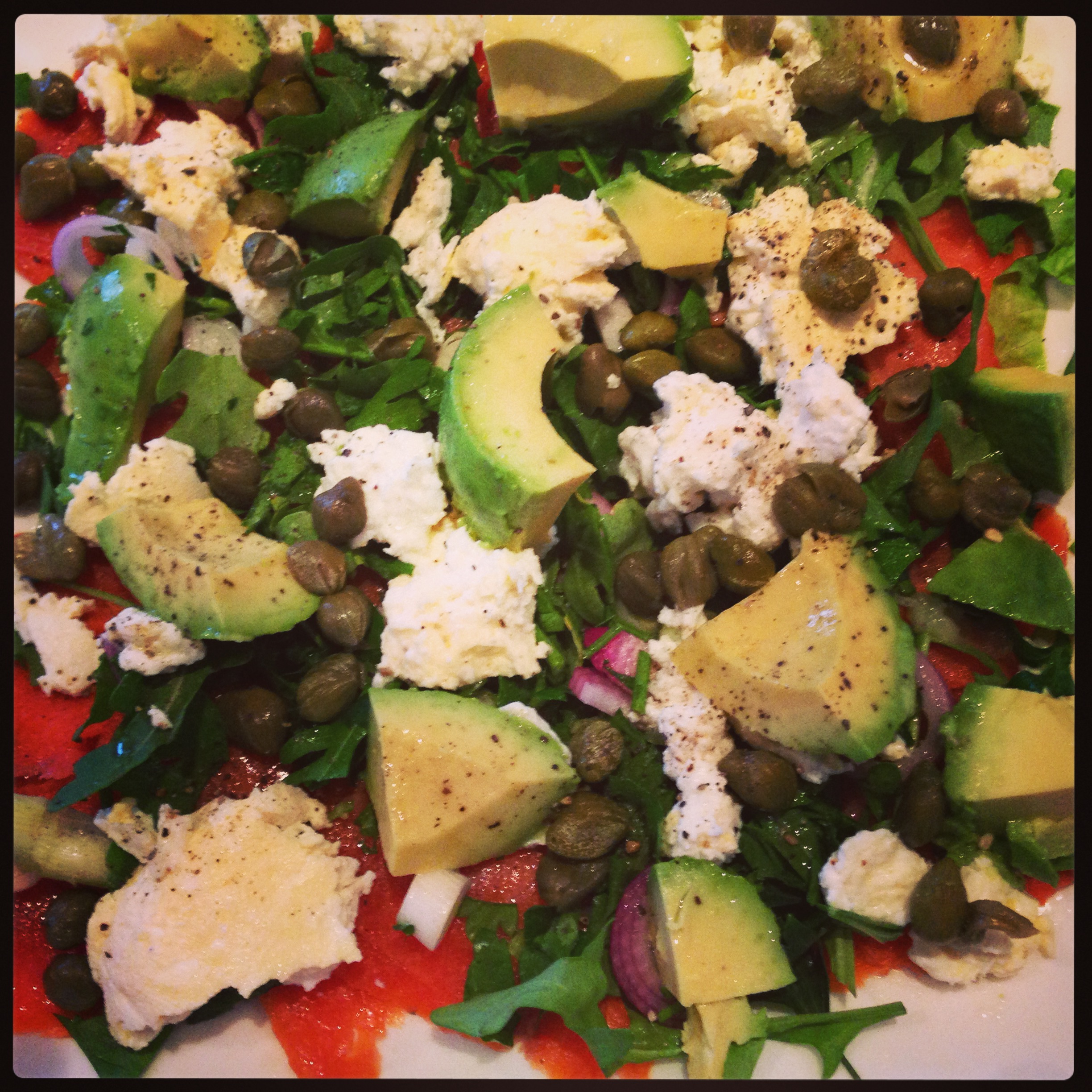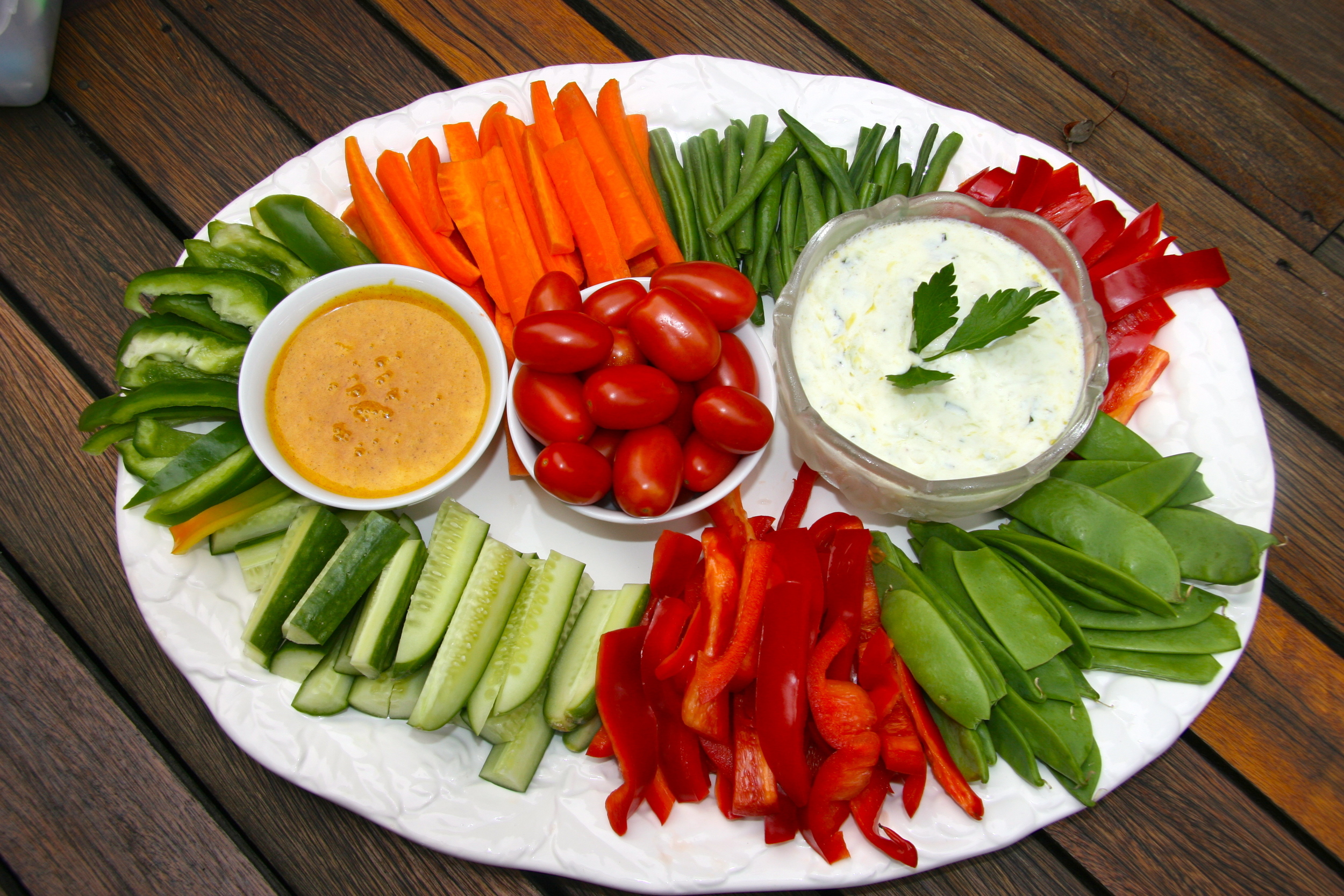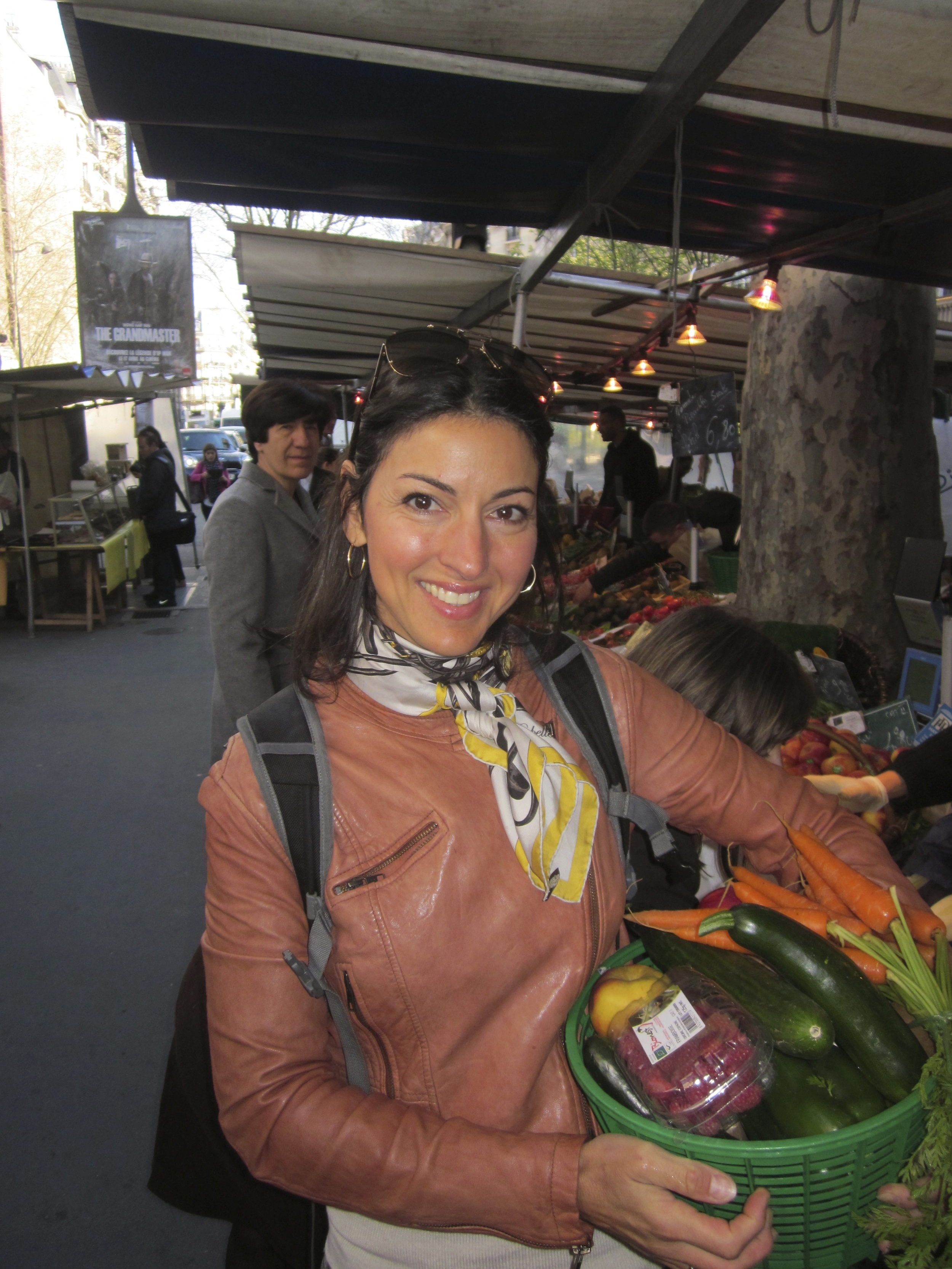
I appreciate that there is a lot of well-meaning advice circulating the internet at this time of year about how best to 'manage' tempting party foods and beverages and how to muster enough willpower to not to get swayed off course.
I have a slightly different take on this.
For me, food is just as much a source of nourishment and fuel as it is a source of pleasure. Food should never be a stressful experience. If denying yourself a certain food or drink is causing you stress, angst or resentment, then I think the psychological impact of that may very well be doing you more harm than the physiological harm of the food itself. In other words, if you're craving it you're probably not ready to give it up (yet). Be kind and gentle with yourself and indulge if you really want it and try to just perhaps eat it less frequently or in smaller quantities. For me, I simply no longer desire any processed foods (including grains, desserts and sweets). Even naturally sweet or sweetened foods are very much in the "take it or leave it camp".
How did this happen? Over time and in 2 ways:

1. I simply crowded out the empty fillers, processed and sugary-laden foods. I filled up my plate and stomach with only nutrient-dense foods so there was simply no room for anything else. By the time I consume my daily dose of 2-3 eggs, bacon, kefir smoothie, 1/2 cup of sauerkraut, a cup or 2 of broth, a palm size serving of protein (eg fatty meat) at every meal, vegetables, plenty of water and good fats like butter and coconut oil.... Well there's no spare stomach real estate to allow any more in over the course of a day. I also make sure each meal is a really decent size so I feel very satiated afterwards. There's only so much volume that I can physically fit in so I've just filled that volume to the brim with the good stuff, effectively crowding out the empty /nutritionless stuff.

2. As a result of number 1 above, my taste buds over the years have changed and my sweet tooth 'miraculously' disappeared. The more and more I ditched sweet food and empty fillers, the more and more my taste-buds didn't crave that stuff. I no longer have a hankering for lollies, bread and sweets. I don't really like their taste or after taste, and I don't like the way those foods makes me feel afterwards. Over a period of years I found that it's the nutrient-dense foods that I'm drawn to because that's what our body is designed to thrive on. Give me another juicy lamb chop or an extra piece of bacon or eggs or avocado instead of toasted bread anyday. Nutrient-dense foods are delicious! Why? It's because nutrients (vitamins and minerals) are what gives food its flavour. Don't get me wrong - it took me years to get to this point. Years to overcome sugar and carb addiction. But once you get there there's no turning back because the benefits to your psychology and physiology are worth it.
So in response to the 5:2 diet that's trendy right now, when some asks me "Soulla what would you eat if you could

eat
absolutely anything you wanted to for 2 whole days?" My response is "
I would eat exactly the same foods that I eat the other 5 days because I find them delicious, satiating and nourishing." Much like a recovered alcoholic who can walk away from a glass of scotch without flinching, I can walk away from a packet of Tim Tams that in yesteryears I would have devoured in a heartbeat (and them some).
So here's what I think: if you crave it, just eat it and don't feel guilty about it. We already have enough to feel guilty about in life! Educate yourself about the food you're eating - what are the ingredients, where did they come from, what's been done to it, what effect does it have on our body and then listen to how it makes you feel afterwards. If you start to slowly and gently crowd out the 'bad guys' with nutrient-dense foods and trust that over time your taste buds will change accordingly, I bet you that at some point in the near future you won't crave the empty fillers or processed foods that you might now think you could never live without.

On a separate note, 2013 has been a huge year for me both personally and professionally with many changes. As this year draws to an end, I want to take this opportunity to thank you for your support and encouragement. Thank you to those of you who bought my products, attended my workshops or cooking classes, had personal consultations or simply read or commented on my blog and Facebook posts. Thank you for being part of this vibrant community to which I belong. And most importantly, thank you for allowing me to do what I love the most, to follow my passion and grow and learn personally and professionally. May 2014 bring you vibrant health, boundless energy and much joy and laughter. I'll be back in Bronte, Sydney, from 27th December open for business. I would love to see you then!

 I appreciate that there is a lot of well-meaning advice circulating the internet at this time of year about how best to 'manage' tempting party foods and beverages and how to muster enough willpower to not to get swayed off course.
I appreciate that there is a lot of well-meaning advice circulating the internet at this time of year about how best to 'manage' tempting party foods and beverages and how to muster enough willpower to not to get swayed off course. 2. As a result of number 1 above, my taste buds over the years have changed and my sweet tooth 'miraculously' disappeared. The more and more I ditched sweet food and empty fillers, the more and more my taste-buds didn't crave that stuff. I no longer have a hankering for lollies, bread and sweets. I don't really like their taste or after taste, and I don't like the way those foods makes me feel afterwards. Over a period of years I found that it's the nutrient-dense foods that I'm drawn to because that's what our body is designed to thrive on. Give me another juicy lamb chop or an extra piece of bacon or eggs or avocado instead of toasted bread anyday. Nutrient-dense foods are delicious! Why? It's because nutrients (vitamins and minerals) are what gives food its flavour. Don't get me wrong - it took me years to get to this point. Years to overcome sugar and carb addiction. But once you get there there's no turning back because the benefits to your psychology and physiology are worth it.
2. As a result of number 1 above, my taste buds over the years have changed and my sweet tooth 'miraculously' disappeared. The more and more I ditched sweet food and empty fillers, the more and more my taste-buds didn't crave that stuff. I no longer have a hankering for lollies, bread and sweets. I don't really like their taste or after taste, and I don't like the way those foods makes me feel afterwards. Over a period of years I found that it's the nutrient-dense foods that I'm drawn to because that's what our body is designed to thrive on. Give me another juicy lamb chop or an extra piece of bacon or eggs or avocado instead of toasted bread anyday. Nutrient-dense foods are delicious! Why? It's because nutrients (vitamins and minerals) are what gives food its flavour. Don't get me wrong - it took me years to get to this point. Years to overcome sugar and carb addiction. But once you get there there's no turning back because the benefits to your psychology and physiology are worth it. eat absolutely anything you wanted to for 2 whole days?" My response is "I would eat exactly the same foods that I eat the other 5 days because I find them delicious, satiating and nourishing." Much like a recovered alcoholic who can walk away from a glass of scotch without flinching, I can walk away from a packet of Tim Tams that in yesteryears I would have devoured in a heartbeat (and them some).
eat absolutely anything you wanted to for 2 whole days?" My response is "I would eat exactly the same foods that I eat the other 5 days because I find them delicious, satiating and nourishing." Much like a recovered alcoholic who can walk away from a glass of scotch without flinching, I can walk away from a packet of Tim Tams that in yesteryears I would have devoured in a heartbeat (and them some). On a separate note, 2013 has been a huge year for me both personally and professionally with many changes. As this year draws to an end, I want to take this opportunity to thank you for your support and encouragement. Thank you to those of you who bought my products, attended my workshops or cooking classes, had personal consultations or simply read or commented on my blog and Facebook posts. Thank you for being part of this vibrant community to which I belong. And most importantly, thank you for allowing me to do what I love the most, to follow my passion and grow and learn personally and professionally. May 2014 bring you vibrant health, boundless energy and much joy and laughter. I'll be back in Bronte, Sydney, from 27th December open for business. I would love to see you then!
On a separate note, 2013 has been a huge year for me both personally and professionally with many changes. As this year draws to an end, I want to take this opportunity to thank you for your support and encouragement. Thank you to those of you who bought my products, attended my workshops or cooking classes, had personal consultations or simply read or commented on my blog and Facebook posts. Thank you for being part of this vibrant community to which I belong. And most importantly, thank you for allowing me to do what I love the most, to follow my passion and grow and learn personally and professionally. May 2014 bring you vibrant health, boundless energy and much joy and laughter. I'll be back in Bronte, Sydney, from 27th December open for business. I would love to see you then!





